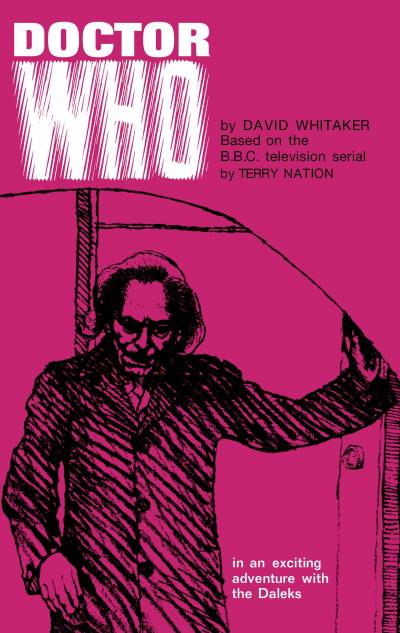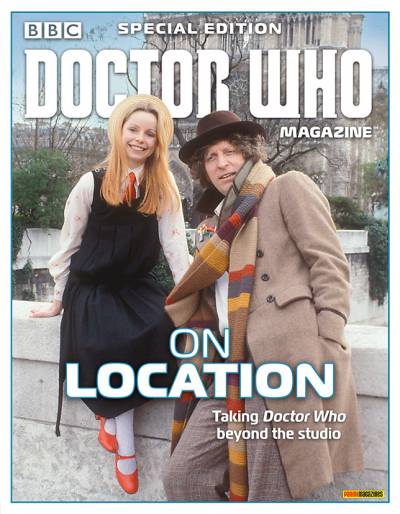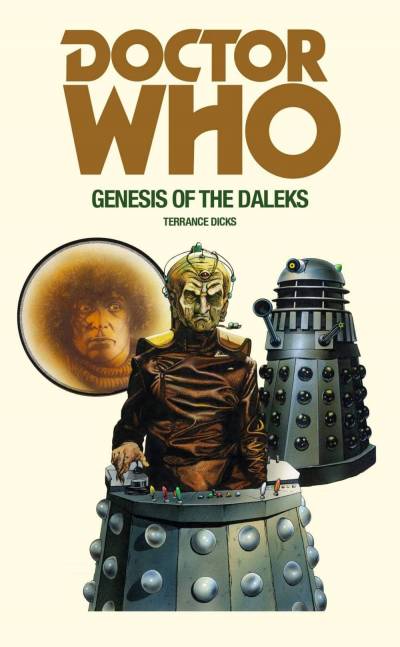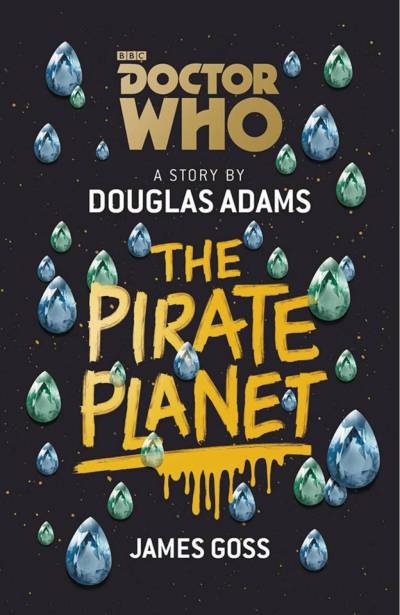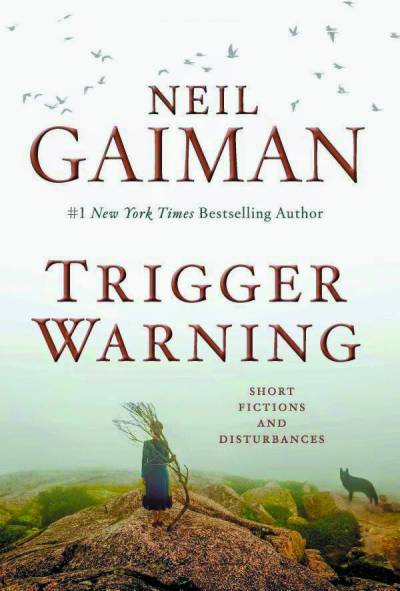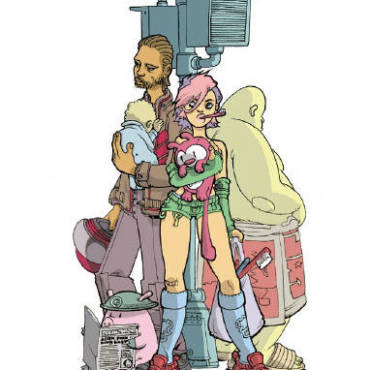
Now that the dust has settled a little from Doctor Who’s 50th anniversary celebrations this past Saturday, November 23, I want to point you toward some coverage of the many types of music and sounds that were featured on the show during its long history.
First up is “50 Years in Time and Space: The Music of Doctor Who” on KFJC 89.7 FM – “For 50 years the Doctor has battled alien monsters accompanied by a trusted companion and a music score ranging from musique concrete to full orchestras.” The three hours of music hosted by Sir Cumference is available for download for the next two weeks (Look for the three Sir Cumference shows from Saturday morning). Here’s the playlist. You may also want to check out Wikipedia’s list of music featured on Doctor Who.
Some further reading: Sound on Sound’s excellent history of the BBC Radiophonic Workshop | The Guardian on the Radiophonic
You can recreate the sounds of the Radiophonic Workshop on this curious page from BBC Research & Development Internet Research & Future Services (IRFS) – “Explore the BBC sound of the 1960s with our 4 demos of Radiophonic equipment, built with the new Web Audio API standard. Each demo comes with commented code, so you can learn how to build your own audio applications.” I invite you to consider using this one in live performances, or while running down corridors.
A few memorable pieces of music that featured in the series over the years failed to make their way into the KFJC program. First up is Béla Bartók’s “Music for Strings, Percussion and Celesta Part Three: Adagio”, 1936 that appeared in the recently rediscovered Second Doctor stories Enemy of the World and Web of Fear (and you may remember from Stanley Kubrick’s The Shining)
Another one is the “Habanera” aka “L’amour est un oiseau rebelle” (Love is a rebellious bird) aria from Georges Bizet’s 1875 opera Carmen, as heard in the much more recent Asylum of the Daleks (No idea if this was the version used… probably not… but I’m pretty sure it was not Maria Callas, either).
OK, last up is France’s Les Structures sonores Lasry-Baschet (who actually are on the KFJC show). I had no clue this group and their amazing homemade instruments (like the Cristal Baschet) even existed.
There are a couple of Doctor Who fiftieth anniversary shows that did not show up on BBC America that are far more enjoyable than the pointless pre-show and Graham Norton that were shoveled on us.
“Me, You and Doctor Who“, an episode of The Culture Show hosted by (the other) Matthew Sweet is the best documentary on Doctor Who that I have ever seen. The piece features great segments on the sounds and music of the BBC Radiophonic Workshop and the largely unsung Dudley Simpson and his group, who created music for 60 Doctor Who stories.
Why has a kids TV show about an eccentric man with a box that can travel anywhere in time and space become the BBC’s longest running TV drama – and one of Britain’s biggest brands?
On its 50th anniversary, lifelong fan Matthew Sweet argues you ignore Doctor Who at your peril. It may be a piece of children’s television, but he believes it’s one of the most important cultural artefacts of modern Britain. Put simply, Doctor Who matters.
Sweet argues how in turn the show became a cultural force in its own right, influencing music, design and storytelling – whether pioneering electronica (Delia Derbyshire), or giving the unknown Douglas Adams a crucial break. Matthew meets both famous faces as well as cast, crew and Doctors past and present (from current Doctor Matt Smith to Richard Martin, the maverick director who first brought the Daleks to screens in 1964) to find out how Doctor Who has changed our culture.
And then, there is the truly epic The Five(ish) Doctors Reboot

